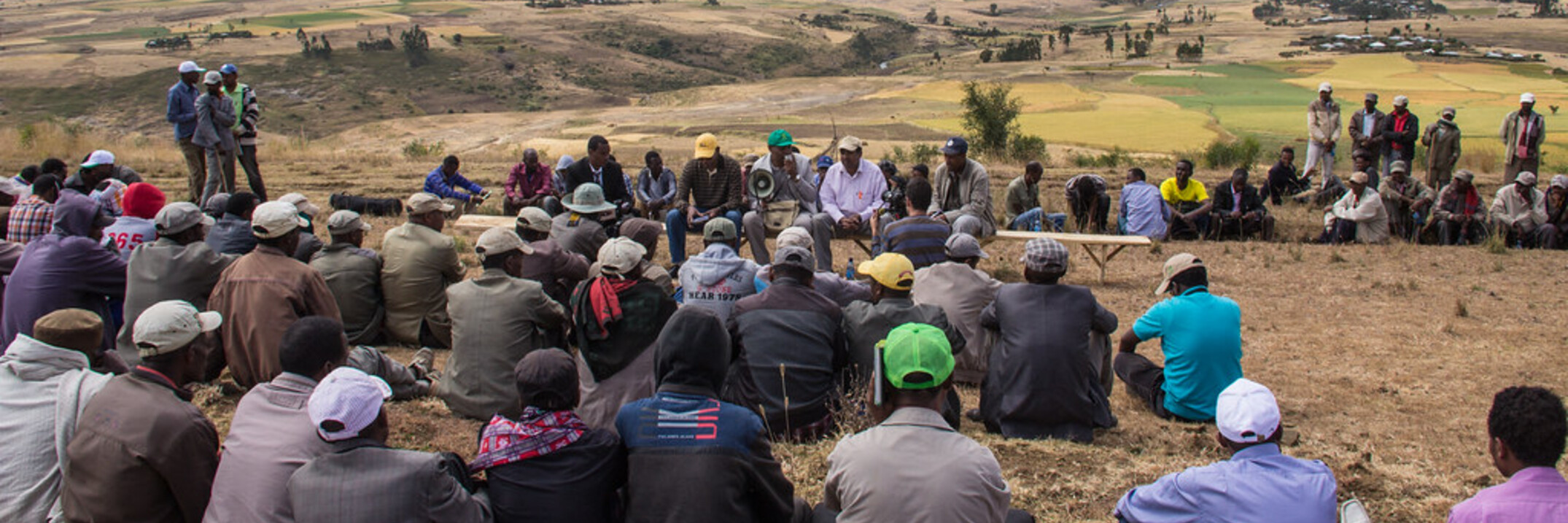The present study evaluated the efficacy of a third-generation anthranilic diamide insecticide, tetraniliprole, against four pests of stored grains: Trogoderma granarium, Rhyzopertha dominica, Tribolium castaneum, and Sitophilus oryzae. Trials were...


